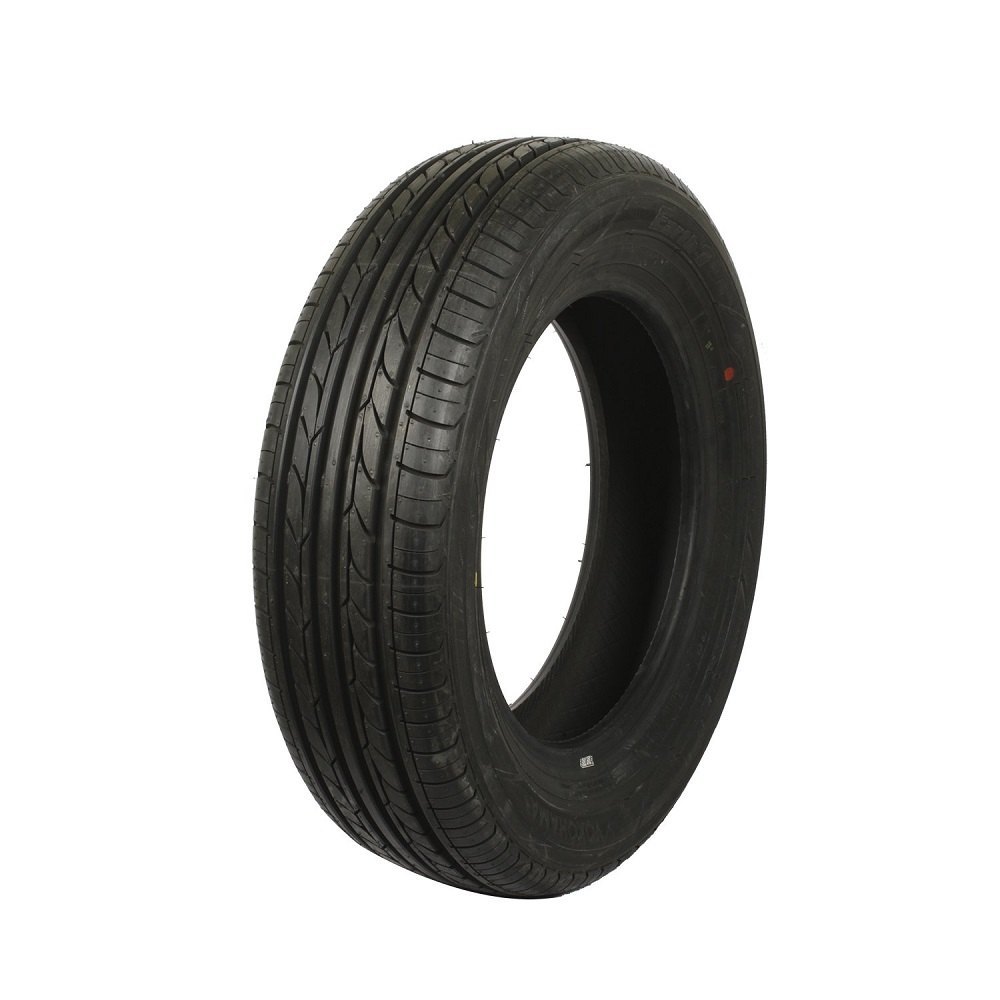Tel: 0129-4001010 Phone: +91 730 321 5033
Email: cs@absoluteveritas.com
BIS Certification for PNEUMATIC TYRES FOR PASSENGER CAR VEHICLES– DIAGONAL AND RADIAL PLY IS 15633: 2022
In today's competitive landscape, maintaining market presence without a certified, high-quality product can be challenging. Obtaining a BIS license may also be essential for selling products in the Indian market. To achieve BIS certification and ensure product quality, manufacturers must adhere to the specified Indian standards.
Let's delve deeper into at 15633:2022 For Pneumatic Tyres for Passenger Car Vehicles.
Radial tyres, introduced in 1946, were designed to offer greater flexibility and shock absorption from road surfaces. These tyres feature steel cord plies arranged radially and a belt across the casing, providing enhanced strength and enabling machines to operate at higher capacities. The radial construction allows the side walls to remain highly flexible due to the direct layering of cord plies. Before radial tyres became standard, diagonal tyres were the norm. First used in 1898, diagonal tyres, which use nylon cord layers arranged diagonally at a 55-degree angle, were widely adopted in the automotive industry. Today, diagonal tyres are still commonly used in specialized applications, such as in ports on reach stackers, due to their durability and performance.
IS 15633 covers pneumatic tyres for passenger cars, including both diagonal and radial ply types. This standard outlines the general, dimensional, and performance requirements for new tyres intended for vehicles in categories M1, T1, and T2. However, it does not apply to run-flat tyres or tyres designed for specific uses such as:
-
Vintage car equipment, and
-
Racing and competition purposes.
Tests
Required Test for Pneumatic Tyres for Pneumatic Tyres for Passenger Car Vehicles are:
-
Tyre Dimensions
-
Load/ Speed Performance Test
-
Endurance Test
-
Bead Unseating Resistance Test for Tubeless Tyres
-
Tread Wear Indicators
-
Tyre Strength (Plunger Test)
-
Marking
-
Type Approval/ Type Test
requirements To obtain a BIS license for automotive pneumatic tyres for passenger cars
To obtain a BIS license for automotive pneumatic tyres (both diagonal and radial ply) for passenger cars under IS 15633, the following requirements must be met:
-
Ensure all raw materials comply with IS 15633 standards.
-
Maintain an in-house laboratory capable of performing all mandatory tests.
-
Employ competent quality control staff to oversee compliance.
-
Follow the BIS guidelines for pneumatic tyres for passenger vehicles as specified in IS 15633.
Three Key Categories of Documentation Required:
-
Administrative Details :Provide essential administrative information.
-
Technical Details :Submit technical specifications and details.
-
Quality Control Personnel Details :Include information about the quality control team.
-
Commercial Details :Furnish relevant commercial information.
PROCESS FOR BIS ISI MARK CERTIFICATION

BIS CERTIFICATION PROCESS
Acquiring a BIS license requires a comprehensive review of manufacturing infrastructure, quality control abilities, testing resources, and production procedures. This thorough assessment guarantees that products not only adhere to regulations but also prioritize consumer safety and reliability.
NOTE:
For comprehensive guidance on the BIS ISI Certification process, please explore:
WHY USE ABSOLUTE VERITAS?
Absolute Veritas is a prominent organisation from the private sector of India primarily dealing with the Inspection, Testing, Audits, Certification of products& consulting services to various industries in India and worldwide, ensuring compliance with regulatory standards and industry requirements. Offering a comprehensive range of services including product certification, testing, training, auditing, and compliance services, Absolute Veritas helps manufacturers and importers achieve higher production efficiency and quality standards.
Absolute Veritas (AV) will handle end to end pre-registration request, sample preparation, documentation, testing and application process for ISI Mark Certification
For any questions regarding the most recent update on ISI Mark registration licenses, please reach out to us via email at cs@absoluteveritas.com








 ❮
❮
